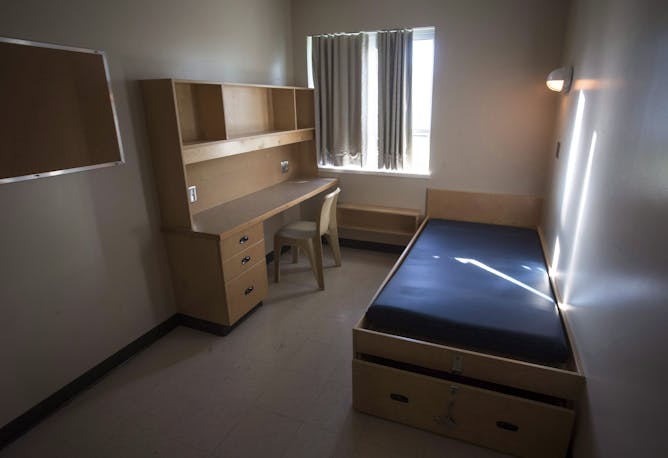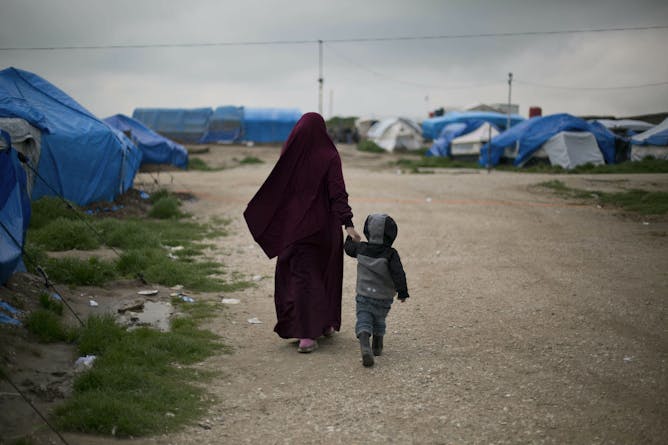|
What happens when opportunities that were plentiful in yesteryear, and that served to better the lives of today’s older generations, are dismantled by those who benefitted? How will younger people regard their elders and society?
In today’s The Conversation Canada, Tracy Smith-Carrier of Western University examines the impact of gradual, steep and institution-altering cuts to universities’ public funding in Canada. She notes that government funding of Canadian universities in 1982 “comprised 82.7 per cent of university operating revenues …. By 2019, in Ontario, universities’ receipt of government grants represented a paltry 24 per cent of total university revenues.”
To make up for the shortfall today, Canadian universities have been forced to rely heavily on international student fees and tuition hikes. Universities also borrow money-saving techniques from the private sector that have resulted in universities becoming incubators of poverty for many students. And in the wake of COVID-19, the situation could worsen.
Also today:
Regards,
|

Particularly during an economic crisis, graduating from university should not sentence students to a lifetime of debt.
(Shutterstock)
Tracy Smith-Carrier, Western University
Canadians' publicly funded post-secondary education system has been eroded over time, diminishing the promise it once held to protect people from poverty. We should demand change.
|

The late Hugo Chavez and Donald Trump share similarities in their attempts to use illness for political gain.
(THE ASSOCIATED PRESS)
Isaac Nahon-Serfaty, L’Université d’Ottawa/University of Ottawa
Even though they occupied different ends of the political spectrum, Donald Trump and the late Hugo Chávez share one thing in common — their attempts to use illness to benefit them politically.
|

Women at the Fraser Valley Institution for women were moved into cells like this after the minimum security wing was shut down for approximately two months.
THE CANADIAN PRESS/Darryl Dyck
Linda Mussell, Queen's University, Ontario; Martha Paynter, Dalhousie University
When minimum security units are closed in prisons, it is both a human rights violation and a reduction in available choices for women sentenced to prison time.
|

Mentoring isn’t just good for the person on the receiving end. New research suggests those who serve as mentors benefit too.
(Unsplash)
Mostafa Ayoobzadeh, Concordia University; Kathleen Boies, Concordia University
Research suggests mentoring can be used to improve leadership skills among both junior and senior members of any organization.
|

Samira, originaire de Belgique, marche avec son fils au Camp Roj, dans le nord de la Syrie. Son mari français est emprisonné pour des liens avec l'EI. Elle essaie de rentrer en Belgique où elle dit vouloir réintégrer la société. Mais leur rapatriement suscite la controverse.
(AP Photo/Maya Alleruzzo)
Lydie C. Belporo, Université de Montréal
Après avoir investi d’importants efforts pour la prévention contre l’extrémisme violent, il reste difficile pour les États de gérer la phase post Daech et notamment le retour des anciens combattants.
|
|
|
Politics
|
-
Adrian Beaumont, University of Melbourne
Jacinda Ardern's NZ Labour Party scores a resounding election win, while the ACT government is comfortably returned.
|
|
Science + Technology
|
-
Michael Cowling, CQUniversity Australia; Ritesh Chugh, CQUniversity Australia
Apple's newest release comes without a wall charger and earpods. While the shift could reduce the company's carbon footprint, users shifting to wireless charging will use more energy.
|
|